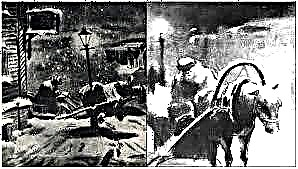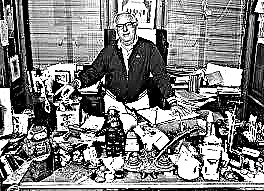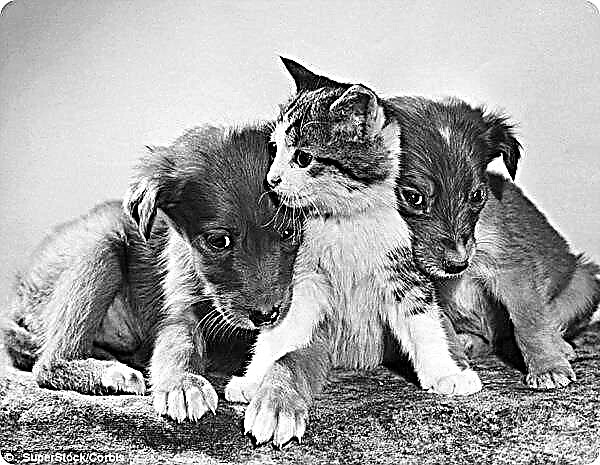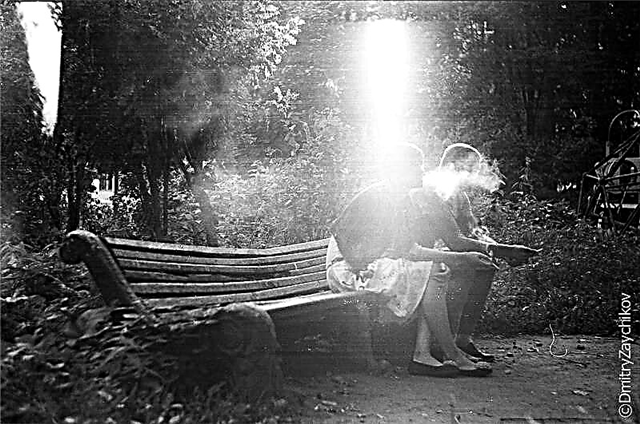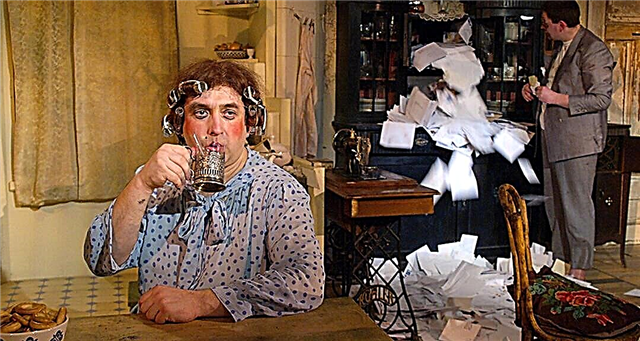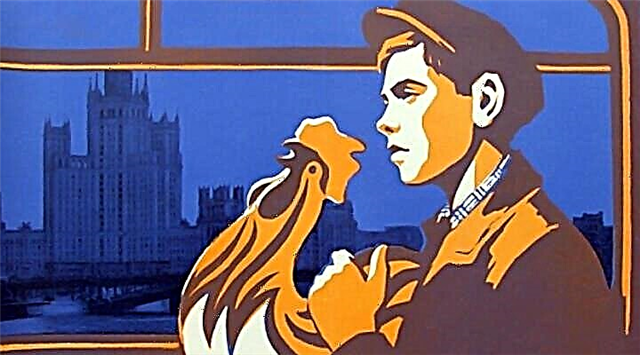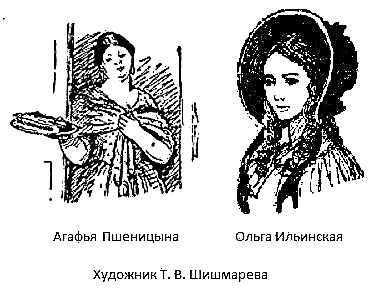: The ship's doctor set sail, fell into the hands of pirates, reached the flying island, where some scientists lived, visited the island ruled by the sorcerer, and reached Japan, from where he successfully returned home.
The narration is conducted on behalf of the ship's physician Lemuel Gulliver. The titles of the chapters are conditional.
Chapter 1. Pirates throw Gulliver in a boat in the middle of the ocean
Ten days after Gulliver’s returning home, an old friend, the captain of the “Good Hope” merchant ship, visited and persuaded him to sail with him as a surgeon,
Lemuel Gulliver - ship's doctor, brave, decisive, honest, loves adventure and travel
Having convinced his wife that he was acting for the good of the family, Gulliver agreed and left England on August 5, 1706.
They had to stay for a long time in the Asian port of Tonkin. In order not to lose time, the captain instructed Gulliver to sell the goods available on the vessel, and he went on a boat along the coast. On the way, two pirate gangs attacked the boat.
Gulliver quarreled with one of the pirates, a Dutchman who hated the British. He came up with a punishment for Gulliver: he put him in a boat with a small supply of food and put him "free of the wind and waves."
Soon Gulliver reached the chain of islands and on the fifth day settled on the last of them. In the morning he saw a strange body in the sky, which turned out to be a flying island.
Chapter 2. The flying island of Laputa and its inhabitants
The islanders who picked up Gulliver turned out to be strange creatures: “all heads were beveled right and left; one eye squinted inward and the other looked straight up. " Their clothes were decorated with images of celestial bodies and musical instruments.
Gulliver studied the language and customs of the inhabitants of the island of Laputa. The islanders were constantly lost in thought. So that they would not stumble upon pillars and do not forget to conduct conversations, clappers walked behind them - servants with balloons on sticks, which their dispersed masters clapped.
The culture of the islanders was based on mathematics and music. In addition to these items, Laputian men were only interested in political gossip, astrology and constantly awaited the end of the world. The Lyaputyans despised their husbands, loved social life, and complained of boredom.
The Laputans were so passionate about pure science that they could neither properly build the house nor sew clothes in size.
Chapter 3. Device Laputy
The foundation of the island, on which only the king lived with his court, was a diamond plate. In its thickness there was a cave where there was a huge magnet. In the soil of the kingdom below, there was a mineral interacting with a magnet. This allowed the king to rule the island, fly over his country and suppress the uprisings in the cities.
Chapter 4. The country under Laputa
Having studied Laputa, Gulliver missed and wanted to go down to the continent. His only friend, a Laputian, who did not get along with mathematics and music, helped him leave the island and gave a letter of recommendation to a friend who lived in the capital, a dignitary of Munodi.
Having settled at Munody, Gulliver noted that the economy in the country was poorly conducted, and the inhabitants looked like beggars. The dignitary said that forty years ago, several residents of the capital spent five months in Laputa. Having gone down, they established the Academy of Projectors, where they now invent new methods of farming and various mechanisms. Not a single project was brought to an end, and the country fell into desolation. In his estate, Munodi has not set new rules and it is thriving, for which he is considered an "ignorant enemy."
Chapters 5-6. Laputa Academy
Gulliver visited the Academy, where scientists tried to extract the sun's rays from cucumbers, turn ice into gunpowder and hide matter from the web. They started building houses from the roof, and the blind mixed paints for artists. The people did not accept many projects.
Truly, mob is the implacable enemy of science!
Chapters 7–8. Gulliver visits Glabbdobdrib Island
Soon Gulliver decided to return to England through Japan, for which he headed for the island of Laggnegg, whose king made an alliance with the Japanese emperor. Waiting for the right vessel at the port, Gulliver visited the islet Glabbdobdrib, which was controlled by a tribe of wizards. The island's monarch was a necromancer, and ghosts served him.
At the request of Gulliver, the monarch called the dead people.For many days Gulliver talked with the heroes and sages of the past. But he felt disgust at the latest history, so politicians and generals so praised by scribes were cowardly and corrupt.
Chapters 9–10. Gulliver falls into the kingdom of Laggnegg
Gulliver arrested Gulliver on Laggnegg and took him to the capital under escort, where the traveler had to “lick the dust at the foot” of the king’s throne - that was court etiquette. Taking the disgraced courtier, the king ordered to sprinkle poison on the floor, but Gulliver, as a foreigner, was lucky - the floor of the throne room was cleaned.
The king liked the stories of Gulliver, and he lived at court for three months. At Laggnegg, Gulliver saw the immortals, called here the strolldrugs. He decided that they were forever young sages, but the stroldbrugs turned out to be decrepit, old-fashioned survivors of the mind. They were given only immortality, which after 80 years turned into eternal old age. Immortals were unhappy people, and their birth was considered a bad omen.
Chapter 11. Gulliver returns to England
On May 6, 1709, Gulliver, generously gifted by the king, left Laggnegg. Thanks to the royal letter of recommendation, the emperor of Japan warmly received Gulliver. He called himself a Dutchman and asked the emperor to let him out of the country without the obligatory “ceremony of trampling the feet of the cross,” which the emperor graciously allowed.
On April 16, 1710, Gulliver arrived safely in England and “found his wife and children in good health.
The retelling is based on the translation



